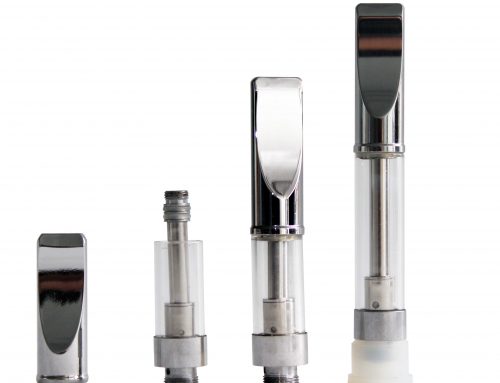How does CBD oil work?
What is CBD oil?
CBD oil is a type of oil that is derived from the hemp plant. It contains cannabidiol (CBD), which is one of the many naturally occurring chemical compounds found in the cannabis plant. Unlike tetrahydrocannabinol (THC), which is the primary psychoactive component in cannabis that causes the mind-altering effects typically associated with marijuana use, CBD is non-psychoactive and does not produce a “high.”
How does CBD oil work?
CBD oil works by interacting with the body’s endocannabinoid system (ECS). The ECS is a complex system of receptors and neurotransmitters that helps regulate a variety of physiological processes, including pain, inflammation, appetite, mood, and sleep.
The body produces its own cannabinoids, known as endocannabinoids, that bind to ECS receptors to help regulate these physiological processes. CBD oil contains cannabinoids that are similar to endocannabinoids and can bind to ECS receptors, potentially producing similar effects.
One of the primary mechanisms by which CBD oil works is by increasing the activity of the ECS. It has been found to help increase the production of endocannabinoids and enhance the function of ECS receptors, leading to a range of potential health benefits.
Benefits of CBD oil
CBD oil has been found to have a wide range of potential health benefits. One of the most commonly cited benefits is its ability to reduce anxiety. Studies have found that CBD oil can help reduce social anxiety, general anxiety disorder, and even post-traumatic stress disorder (PTSD).
CBD oil may also be effective in pain management. It has been found to be useful in managing various forms of chronic pain, including arthritis, multiple sclerosis, and neuropathic pain.
In addition, CBD oil has potential benefits for mental health. Studies have found that it can help improve sleep quality, reduce insomnia, and alleviate symptoms of depression, bipolar disorder, and other mental health conditions.
CBD oil can also be used topically for skincare purposes. It has been found to be beneficial for reducing inflammation and redness, as well as for treating acne and other skin conditions.
Potential Risks of CBD Oil
While CBD oil is generally considered safe, there are some potential risks associated with its use. The most commonly reported side effects of CBD oil are dry mouth, nausea, and fatigue. It can also interact with certain medications, particularly those metabolized by the liver. If you are taking any medications, you should talk to your healthcare provider before using CBD oil.
In addition, while CBD is non-psychoactive, it may still show up on a drug test. This is because some drug tests are designed to detect the presence of THC, and some CBD products may contain trace amounts of THC. If you are at risk of being drug tested, you should choose a THC-free CBD oil product.
Conclusion
CBD oil works by interacting with the body’s endocannabinoid system, potentially producing a range of health benefits. It has been found to be effective in reducing anxiety, managing pain, improving sleep, and providing potential benefits for mental health and skincare. While it is generally considered safe, there are some potential risks associated with its use, particularly when it comes to interactions with medications and the potential for showing up on drug tests.
CBD oil’s effects on the body are still being studied, and scientists continue to learn more about how it works and its potential benefits and risks. However, as more research is conducted, it is becoming increasingly clear that CBD oil has the potential to provide a range of health benefits for a variety of conditions and symptoms.

